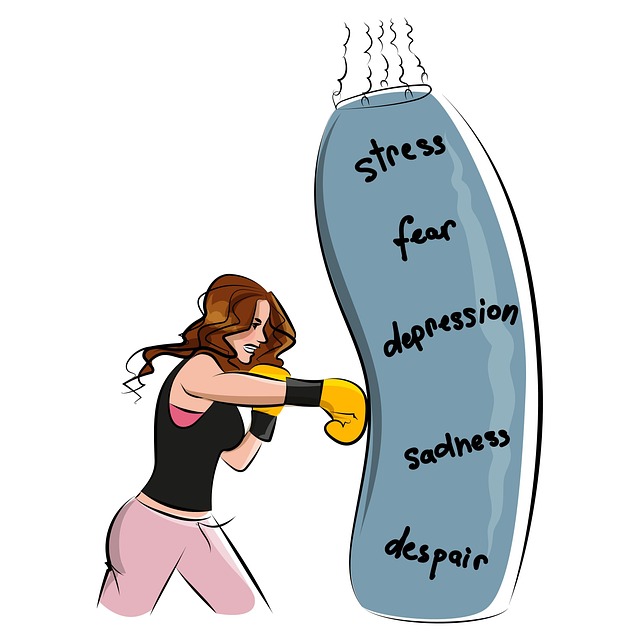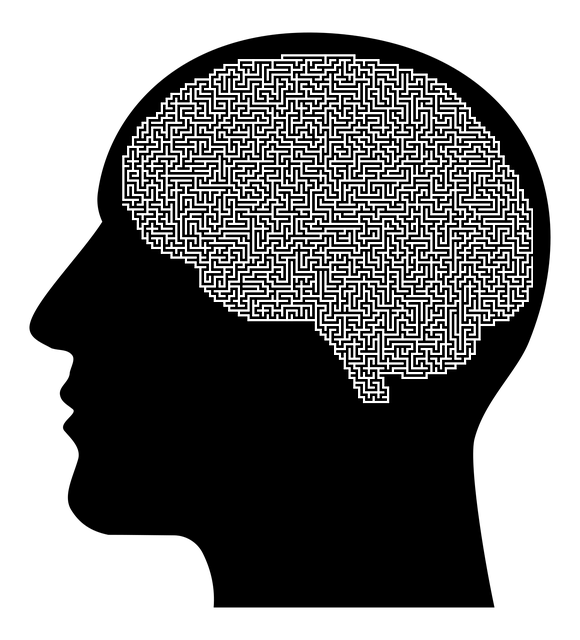Greenwood Village Stress Management Therapy employs the RFM framework (Recovery, Flexibility, Mastery) to build resilience and manage stress. This approach equips individuals with coping strategies, enhances mental health awareness, and improves emotional intelligence. By focusing on recovery from events, adapting to change, and gaining control, clients develop stronger mental fortitude. The therapy center's innovative strategy integrates Risk (R), Frequency (F), and Motivation (M) principles for tailored interventions, preventing burnout and promoting long-term well-being. Strategic RFM practice involves client-centric programs, group discussions, workshops, and Mental Wellness Coaching for holistic stress reduction.
“In today’s fast-paced world, effective stress management is paramount, and Greenwood Village Stress Management Therapy has pioneered an innovative approach using RFM (Recovery, Flexibility, and Mastery). This article delves into the transformative power of RFM in tackling stress. We explore its role in enhancing resilience through tailored exercises, focusing on real-world applications in Greenwood Village’s therapeutic setting. By understanding these concepts, we can unlock strategies for effective integration, fostering client engagement and overall well-being.”
- Understanding RFM and its Role in Stress Management
- The Impact of Resilience Building Exercises
- Implementing RFM in Greenwood Village Stress Management Therapy
- Strategies for Effective RFM Integration and Client Engagement
Understanding RFM and its Role in Stress Management

Resilience is a critical component of managing stress, enabling individuals to bounce back from challenging situations. RFM (Recovery, Flexibility, and Mastery) is a framework designed to cultivate this resilience by focusing on three key areas. Recovery refers to the process of returning to a state of balance after a stressful event; flexibility involves adapting to change and uncertainty; and mastery is about gaining control and understanding one’s experiences.
Implementing RFM exercises can be a powerful tool in Greenwood Village Stress Management Therapy, helping individuals develop coping strategies that enhance their mental health awareness and overall emotional intelligence. By fostering resilience through these practices, therapy sessions can empower clients to navigate life’s stressors more effectively, contributing to improved well-being and quality of life.
The Impact of Resilience Building Exercises

Resilience building exercises have a profound impact on individuals’ ability to cope with stress and adversity. These practices, often integrated into Greenwood Village Stress Management Therapy, equip people with mental health tools to navigate life’s challenges more effectively. By fostering resilience, individuals can enhance their emotional well-being, improve coping strategies, and build mental fortitude against stressful situations.
The benefits extend beyond personal growth; they also have implications for public awareness campaigns development and risk assessment for mental health professionals. Increased mental health awareness, fostered through these exercises, contributes to a more supportive societal environment. Additionally, understanding the impact of resilience building can inform strategies within mental health practices, ensuring individuals receive comprehensive care that addresses not just symptoms but also promotes long-term well-being.
Implementing RFM in Greenwood Village Stress Management Therapy

Greenwood Village Stress Management Therapy has successfully integrated RFM (Risk, Frequency, and Motivation) principles into their practice to enhance resilience building exercises. This approach allows therapists to tailor interventions based on clients’ individual needs by assessing risk factors contributing to stress and burnout, tracking treatment frequency, and understanding their clients’ underlying motivations. By implementing these strategies, the therapy center aims to prevent burnout among healthcare providers and promote effective stress reduction methods for all participants.
The RFM framework guides therapists in designing personalized programs that address specific challenges. Through regular risk assessments, therapists can identify potential stressors and triggers, ensuring proactive measures are in place. This proactive approach, coupled with frequent monitoring of treatment sessions, enables the therapy team to quickly adapt strategies, fostering a supportive environment for mental health professionals. As a result, clients not only learn valuable stress management techniques but also develop increased resilience, enabling them to navigate life’s challenges more effectively.
Strategies for Effective RFM Integration and Client Engagement

Implementing RFM (Resilience, Flexibility, and Mindfulness) practices effectively requires a strategic approach to ensure seamless integration into Greenwood Village Stress Management Therapy services. One key strategy is to offer tailored programs that cater to diverse client needs. This involves assessing individuals’ unique challenges and tailoring exercises to address specific areas of resilience-building. For instance, some clients might benefit from mindfulness meditation sessions, while others may engage in physical activity routines designed to enhance flexibility and reduce stress.
Client engagement is another vital aspect. Encouraging active participation through group discussions, workshops, or one-on-one coaching sessions can foster a sense of community and shared learning. Greenwood Village could introduce Mental Wellness Coaching Programs that focus on developing practical skills for Emotional Well-being Promotion Techniques, such as positive thinking exercises and stress management strategies. These interactive approaches not only enhance the overall therapy experience but also empower clients to take charge of their mental health journey.
Greenwood Village Stress Management Therapy has successfully incorporated RFM (Resilience, Flexibility, and Mastery) techniques to enhance client well-being. By understanding an individual’s resilience and employing tailored exercises, therapists can empower clients to navigate life’s challenges more effectively. The implementation of RFM in therapy not only improves stress management but also fosters a sense of control and adaptability, ultimately leading to improved mental health outcomes for individuals seeking support in Greenwood Village and beyond.














